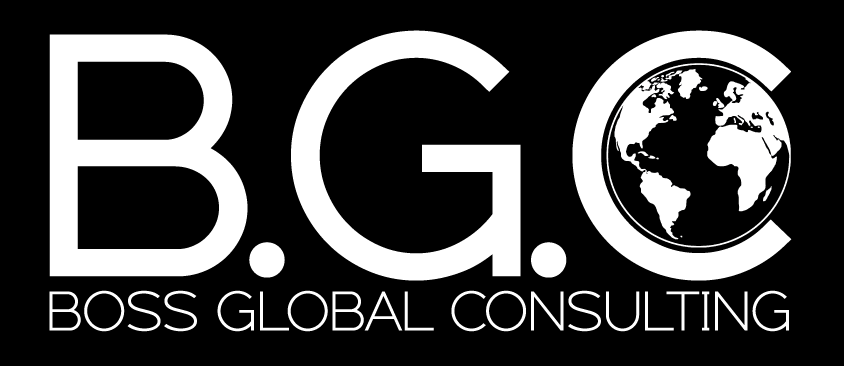The introduction of a self-isolation regime during the coronavirus pandemic triggered rapid growth in online commerce in the FMCG sector.
COVID-19 has significantly influenced the e-commerce industry. Thanks to the fintech sector, convenient mobile apps, and the ability to order online, people can now buy everything from personal care products to food comfortably from home, without the need to visit stores. The audience now more often pays attention to the composition of products, since it is more convenient to study it in an online store than on a supermarket shelf.
Improvements in online shopping service
In many stores, demand is supported by various discounts and promotions. Many now offer free shipping when buying for a certain amount (this was earlier, too, but now there are more such offers). For example, the MAKEUP company constantly offers various discounts and favourable delivery terms.
One-third of those who were adherent of online shopping before the coronavirus pandemic began to buy even more actively for self-isolation.
This creates conditions for the development of the field of courier delivery. Therefore, the online shopping industry does not experience any problems due to the pandemic. On the contrary, it received an incentive for development.
Food delivery market in Europe
The largest food delivery market among European countries is in the UK – about $3.3 billion. According to dealroom.co, the leading services in the online ordering sector are:
Just Eat (# 1 service in the UK, Italy, Spain, Portugal, Denmark, and France);
Delivery Hero (leader in Germany, Sweden, Finland);
foodpanda (present throughout Eastern Europe as well as Asia and Latin America; focus on emerging markets);
Takeaway.com (# 1 in Benelux and Poland, number two in Germany);
UberEats (leading in capitals and major cities: London, Amsterdam, Brussels, Madrid, Manchester, Milan, Paris, Stockholm, Vienna).
Global players in the food delivery segment, such as Deliveroo, Glovo, UberEats and Foodora, keep expanding into new regions.
What to expect further
More than 90% of people in developing countries plan to continue to increase their online grocery shopping, despite returning to a normal lifestyle after the pandemic, according to the results of the annual Credit Suisse Emerging Consumer Survey 2021.
The frequency of purchases is decreasing. Shoppers strive to reduce the number of visits to stores and spend as little time as possible in them. More planned purchases can be expected. Under these conditions, the visibility of the category and brand on the sales floor is more important than ever to stay competitive.
The authors of the study note that even amid the resumption of economic activity and the return to the pre-pandemic lifestyle, many aspects of digitalization are likely to persist. The UBS report predicts the global food delivery market and delivery of products for personal care and hygiene will grow 20-30% annually to $365 billion by 2030.
The post How COVID-19 Influenced e-Commerce and What to Expect appeared first on The Fintech Times.



